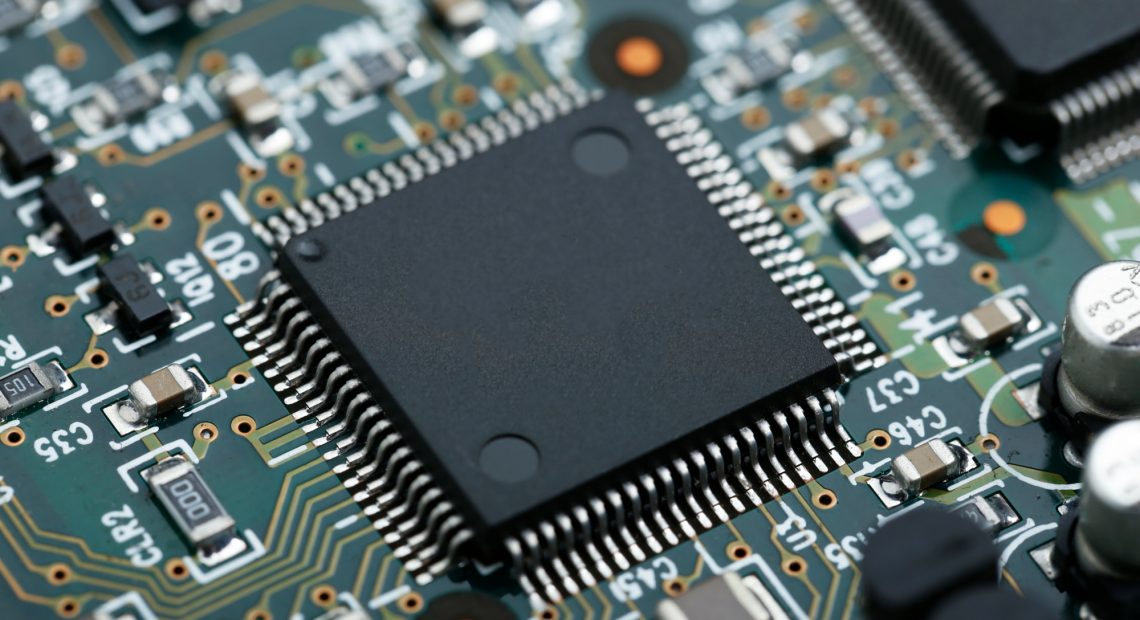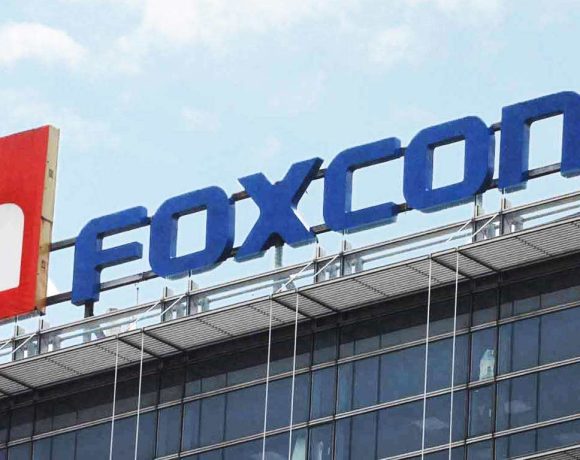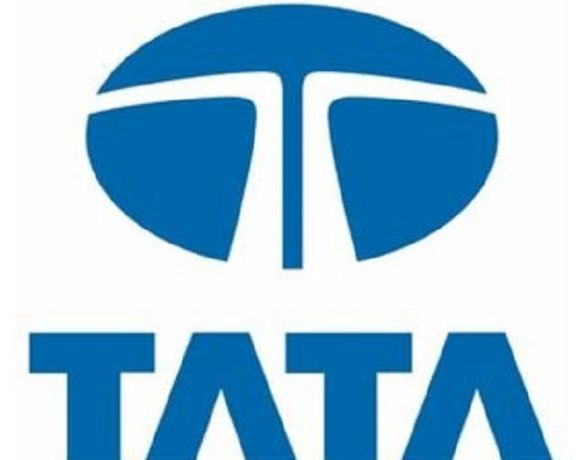
TSMC Declines India’s Chip Plant Invitation
In a major setback to India’s semiconductor ambitions, Taiwan Semiconductor Manufacturing Company (TSMC), the world’s largest contract chipmaker, has declined an invitation from the Indian government to set up a fabrication plant in the country. The development is seen as a reality check on India’s roadmap to become a global semiconductor hub.
Although TSMC has not publicly cited reasons, industry insiders point to concerns around India’s infrastructure readiness, absence of a mature ecosystem, logistics gaps, and talent shortages as possible deterrents. Geopolitical factors and the company’s existing international commitments may have also influenced the decision.
India Shifts Focus to Powerchip-Tata Collaboration
In response to TSMC’s decision, India has shifted its strategy and confirmed a partnership with another Taiwanese chipmaker, Powerchip Semiconductor Manufacturing Corporation (PSMC). PSMC will collaborate with Tata Electronics to build a semiconductor manufacturing facility in Gujarat.
Under this arrangement, PSMC will design and develop the initial fab processes and also train Indian personnel. Once operational, Tata Group will assume full operational control. This marks a significant pivot in India’s approach, highlighting its resolve to build domestic capability with alternate global partners.
New Fab Units Approved to Maintain Momentum
Despite the TSMC snub, India continues to push forward. The government has cleared six semiconductor fabrication units under its incentive program. The latest approval includes a ₹3,706 crore project by HCL in partnership with Foxconn to produce display driver chips in Jewar, Uttar Pradesh.
Other facilities are already under construction, with additional support from companies like Renesas and Micron. These projects aim to cover assembly, testing, and packaging in addition to chip fabrication, signaling a comprehensive strategy for ecosystem development.
A Mixed Signal for India’s Chip Mission
TSMC’s refusal may reflect the growing pains of India’s still-nascent semiconductor sector, but it also underlines the need for sustained policy support, infrastructure scale-up, and reliable power and logistics frameworks. However, India’s swift move to engage with alternative partners shows its determination to stay the course.
With the global chip race intensifying and nations looking to diversify supply chains beyond China, India’s semiconductor strategy—though currently tested—remains relevant. The government’s emphasis on long-term collaboration and indigenous capability could still yield significant dividends in the coming decade.


















